The History of Murasaki Sake Lounge
Murasaki Sake Lounge
紫酒ラウンジ
紫酒ラウンジはシカゴ唯一の日本人経営のバーです。日本語のカラオケボックスもございます。
シカゴ最大の日本酒、焼酎、ジャパニーズウイスキー、ビールの コレクションと、豊富なおつまみをご用意してお待ち致しております。
特別イベント以外でのカバーチャージは一切ありませんし、
日本語が話せるスタッフが常におりますので、
お一人様でも大人数でも安心してお楽しみ下さい。
日本語の情報DJ Booth at Murasaki Sake Lounge
Murasaki Sake Lounge is located in Chicago’s historic Streeterville neighborhood and tucked beneath the towering buildings of downtown Chicago. The establishment was originally known as Café Shino, est 1986, which had been a popular sing-along bar where salarymen in the city were known to let loose after work. With the massive influx of Japanese workers who migrated to the city in the mid-80s to work for the more than 400 Japanese companies that were located in Chicago at the time, the demand for Karaoke to accommodate homesick Japanese was fulfilled by Cafe Shino’s promise of ever-flowing sake and interiors reminiscent of glitzy Tokyo bars.
Coinciding with the Japanese Asset Bubble and the City Pop music phenomenon in the far East, Cafe Shino was a representation of the affluence and rapidly accelerating acquisition of American companies, warehouses, and factories by the newly empowered Japanese conglomerates catalyzed by the Plaza Accord in 1985 which depreciated the American dollar in favor of the Japanese yen, which is said to have contributed to Japan’s economic crash going into the 90s. With US cities struggling, the arrival of Japanese businesses and expansion of corporate jobs were a welcome addition to Chicago, which invariably led to the culturally necessary venue, Cafe Shino, to open its doors to the city.
An article about Cafe Shino from 1987 reads: “Long a staple of Tokyo nightlife, Karaoke at Cafe Shino has become a link to home for 5,600 Japanese nationals now living in the nation’s third-largest city as the struggling Midwest industrial corridor welcomes Japanese plants and job opportunities.” - AP News (1987)
Chicago in the 1980s had experienced a tremendous loss of manufacturing jobs, which led to the economic crisis that allowed for Japanese markets to begin proliferating in the city shortly after the Plaza Accord. “The most extreme changes took place in the Chicago labor market. In the post-World War II period, up to the last decade, manufacturing had been Chicago's major employer. However, in 1980, employment in services' matched and subsequently surpassed employment in manufacturing. Between 1970 and 1987, the Chicago economy lost close to a quarter of a million manufacturing jobs, a striking loss by any standards.” - Federal Reserve Bank of Chicago (1990)
Another article from the same year from the Chicago Tribune only eludes to the wild nights that the interior must have seen as Japanese salaryman lifestyles collided with Chicago’s busy nightlife to create decadent sake-drenched neon-soaked soirees that exemplified the excess of the 80s. The Chicago Tribune website that hosts the server the article was posted on isn’t even in service but the echo still lives on google and can still be seen.
The venue has been Japanese-owned and operated since 1986 when it was first opened to service the city’s growing Japanese population with imported sake bottles and the staple world-renowned Japanese quality of service. Originally owned by Mitsue Tamura, and later his son, Kerry Tamura, who became his business partner and co-owner. The bar had changed throughout the decades being rumored to even once been a private piano bar and later being revived in its current form where local musicians and DJs would play regularly. The owners had decided to include turntables to adapt to the constantly changing music scene Chicago was famous for facilitating. In 2011, Kerry Tamura worked with his mother on renovating Cafe Shino into what would later become Murasaki Sake Lounge. The lounge was later purchased by Jun Takanarita, a Japanese musician, who began slowly renewing the image of the venue in the years to come.
“Kerry was called by the Sake gods back in 2009, when his mother was on the verge of losing her bar, an oasis for Japanese expats in Chicago. While working as a server he became interested in artisanal sake, and, in a flash of brilliance, realized his mother’s bar could be saved by converting it to a sake lounge. Murasaki Sake Lounge was born, followed by education and trips to breweries and heavy, heavy drinking.” - OnTheTrail
Mason Horowitz (left) and John Robinson, co-founders of Chicago Sake, hope to promote the traditional Japanese drink in Chicago with the help of Jun Takanarita, bartender at Murasaki. (2011) (Tribune photo by Charles Osgood)
Originally opened to serve the influx of Japanese businessmen flying into Chicago at the peak of the Japanese economic age, the venue eventually started to cater more towards locals by offering Izakaya-style street food such as Takoyaki and Ramen made by their longstanding Japanese chef. As one of the oldest Japanese bars in the city, it later became a hub for trendy and hip city-dwellers seeking unique experiences in less tourist-prone bars in the downtown Chicago scene.
Doubling as a Karaoke bar in the back the venue often attracts large parties that come specifically for the experience. Adding to the experience of friendly staff, and music orientated employees like Yuki Tasaka, the venue is known for being a place where you can feel is if having escaped to another time and place thanks to it’s original interior that still appears lost in the 80s.
Throughout the years the ownership has always been Japanese, and the bar inside has never stopped stocking rare and unique sake brought in directly from Japan to highlight the country’s exceptional craftsmanship when it comes to their native rice wine. The DJ booth has seen some of Chicago’s most celebrated House, Soul, and Lounge DJs from Michael Serafini to Brian Vaxter. “The space—dim lighting, plush high-back benches, low tables, flatscreens showing anime with the sound off, supplemented by background music—feels like a retro Tokyo hotel bar.” - Chicago Magazine (2009)
The bar at Murasaki Sake Lounge
“While it is unimaginable that you might one day hear the person on the stool next to you at the local tavern say, "How 'bout another sake, and one for my pal?," it is possible that the heretofore misunderstood or unknown rice-based alcoholic beverage of Japanese origin will become a mainstream libation and perhaps even hip.” - The Chicago Tribune (2011)
“Neighborhood patrons say this used to be a private club back in the day, and from the looks of it—low turquoise lights, pink walls, fluorescent halos around columns—the bar hasn’t been renovated since. But don’t be fooled; this is perhaps the best sake bar in town, with a DJ booth and a steep but thorough list of top-shelf choices.” —Tal Rosenberg (2017)
“But as the name implies, Murasaki's mainly about the sake, with more than four dozen varieties, listed with helpful tasting notes, available hot or cold by the glass, decanter, or bottle. Japanese beer, shochu, and sake cocktails round out an impressively varied selection.” - Mike Sula (2017)
In 2018, Van Paugam began DJing at Murasaki eventually hosting monthly City Pop vinyl nights that predated the global resurgence of the genre by being one of the first venues in the United States to host exclusive nights dedicated to the style of music. Van Paugam eventually collaborated with the owner to promote the vinyl showcase that resulted in a renewed interest in the lounge, and Japanese music in general which began attracting a new crowd to Murasaki Sake Lounge. The establishment had also been featured in a short documentary about the resurgence of City Pop, in which it is credited in playing a role in the revival of the style within Chicago and beyond.
Exterior of Mursasaki Sake Lounge
“Tucked between a couple towering office buildings on Ontario street sits Murasaki Sake Lounge, one of Chicago’s best-kept secrets. Though they offer private karaoke for groups, the front bar is an incredible place to meet someone after work, or really at any other time. The menu of otsumami (Japanese small plates) is extensive, as is the selection of whiskey, sake, and shochu. Van Paugam spins Japanese city pop classics every third Saturday night, so post up at the bar and strike up a conversation.”- Thrillist Chicago (2019)
In early 2020, Shortly after more than a year of ongoing City Pop nights, the pandemic put a stop to the party, and threw Murasaki into uncertainty as they struggled along with the rest of the city to adapt with the changing times. Thanks to their resilience and adaptation to online food delivery, they were able to emerge once again in 2021 with a newfound energy to attract patrons and lovers of Japanese culture. Now open to full capacity, they are continuing their monthly City Pop showcase nights on every 2nd Saturday from 10pm-2am. For more information on City Pop night click below.
Murasaki Sake Lounge sadly closed on November 30th, 2024.
AUTHOR
Van Paugam is an Internationally-Acclaimed DJ and leading figure specializing in 70s and 80s Japanese Music, dubbed City Pop. He has organized and hosted over 100 events dedicated to the style, and actively promotes Japanese culture while on the board of the Japanese Arts Foundation of Chicago. He has been featured on CNN, NHK, and many other publications for his dedication to City Pop. Van is credited with being the first person to begin popularizing City Pop online through his mixes on YouTube in 2016, and subsequently through live events. Learn More…







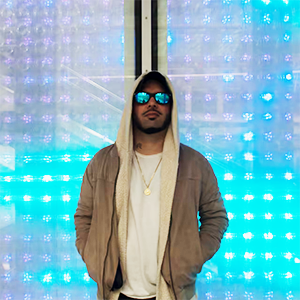

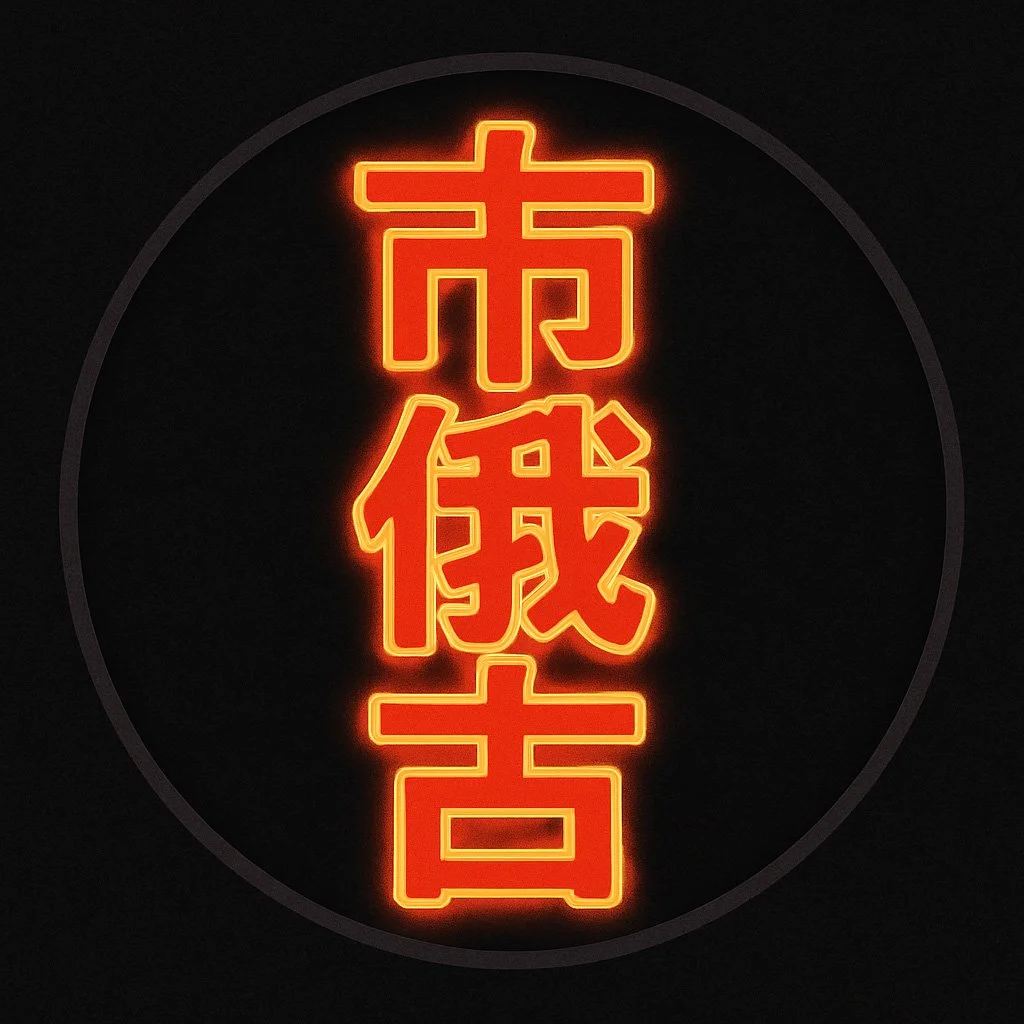
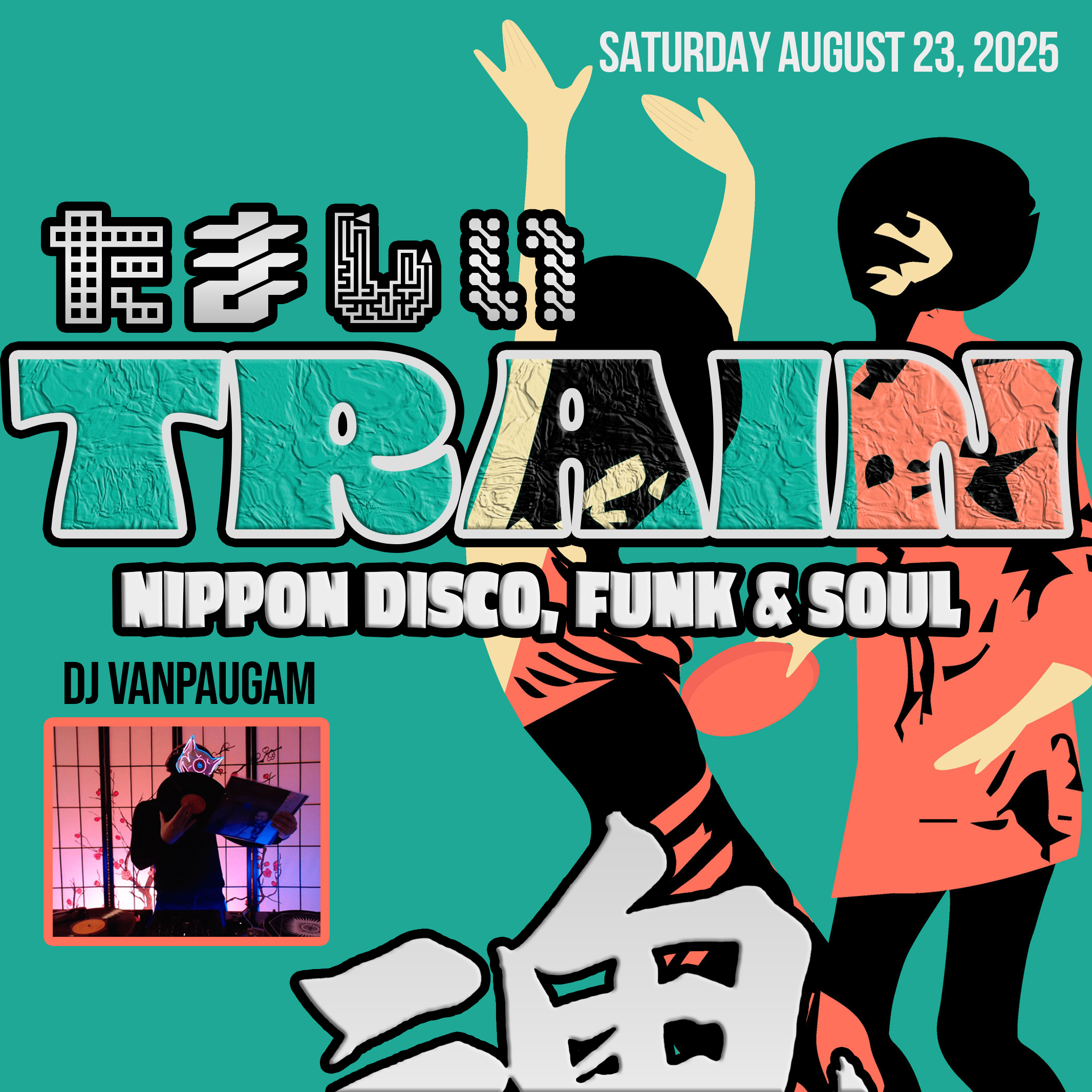


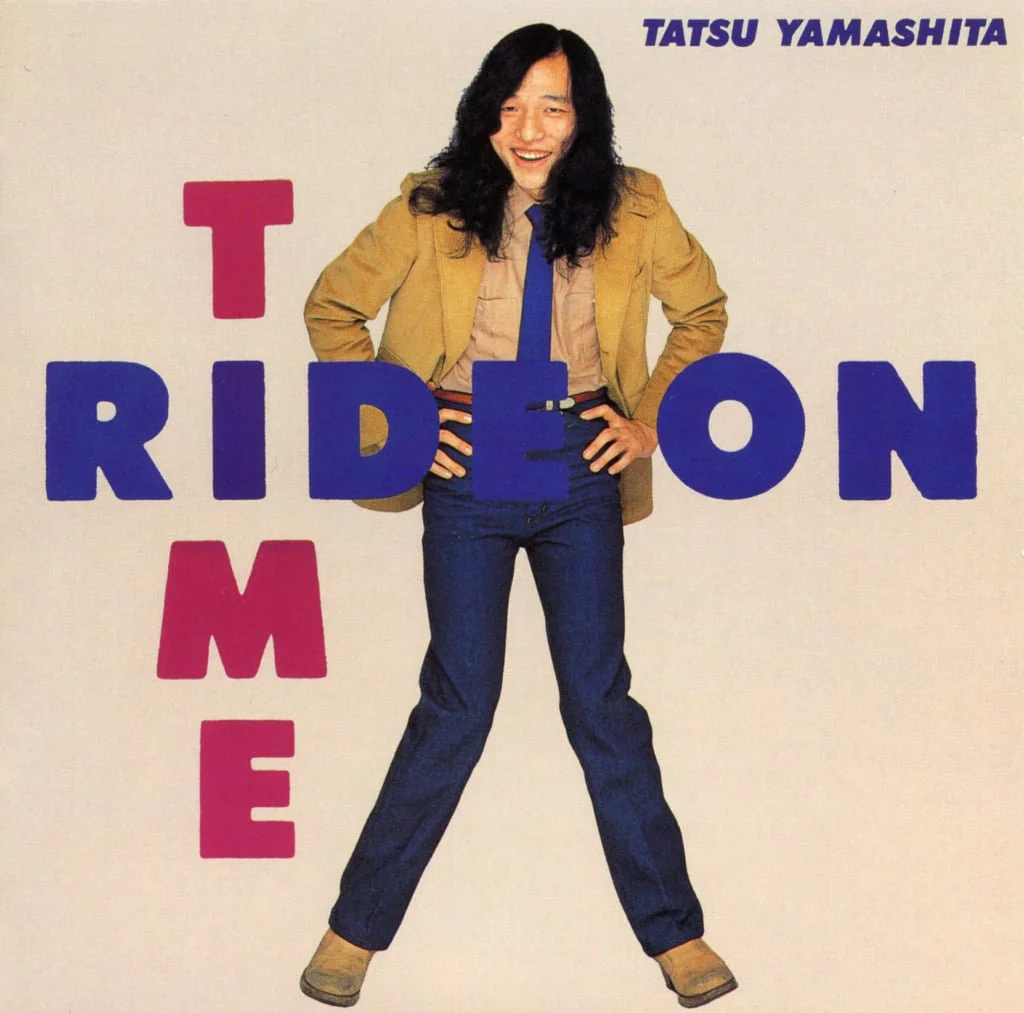


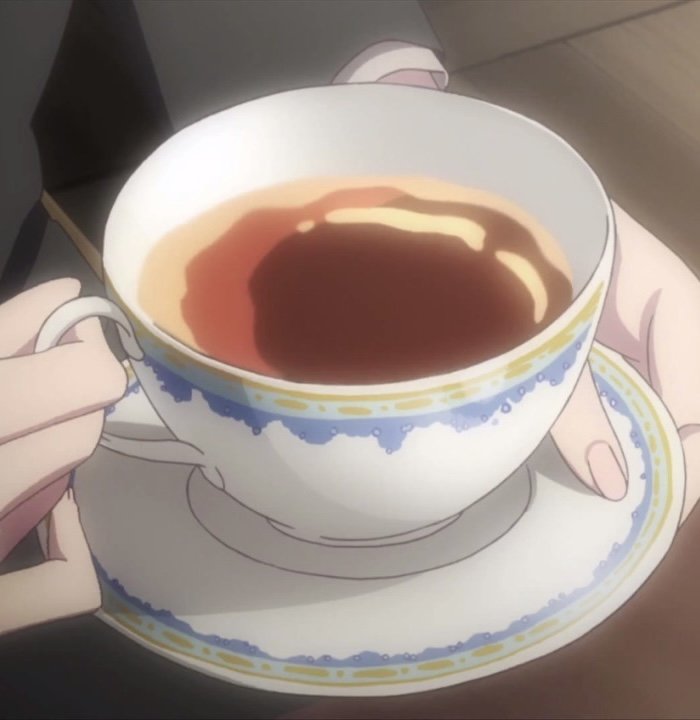

















A closer look at the recent copyright takedowns issued by Tatsuro Yamashita, and others, and the war on the online content creators that helped bring City Pop into the global spotlight 40 years after its heyday.